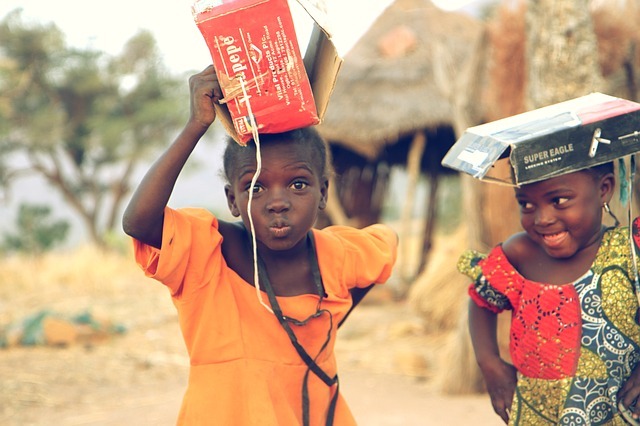Government
Poverty Eradication: Nigeria Needs N3.7tn Annually; Says World Bank
The government had already budgeted a sum of N3.36 trillion for subsidy for the first six months of 2023

The World Bank has disclosed that Nigeria will need N3.7 trillion every year to eradicate the rising poverty in Africa’s most populous country.
The financial institution stated this in its synthesis report titled, Nigeria Country Economic Memorandum: Charting a New Course.
The report noted that the N3.7tn is lower than what Nigeria already spends on petrol subsidies yearly, thus projecting how subsidy removal can significantly impact poverty eradication in the country.
Investors King understands that the federal government spends trillions of naira on subsidy every year while the government had already budgeted a sum of N3.36 trillion for subsidy for the first six months of 2023.
However, according to the report, Nigeria has the potential and resources to accelerate growth and reduce poverty if judiciously used.
Meanwhile, in its newly released Nigeria Development Update, the World Bank said that inflation pushed five million Nigerians into poverty between January and October this year
The World Bank noted that Nigeria’s accelerated inflation growth has eroded the N30,000 minimum wage by 55 percent and widened the poverty net with an estimated five million people in 2022.
According to the National Bureau of Statistics, Nigeria’s inflation has been on the rise for 10 months straight, reaching a 17-year high of 21.47 percent.
Additionally, the Bureau in its recent National Multidimensional Poverty Index report disclosed that 133 million Nigerians are multidimensionally poor.
Despite the government’s plan to lift 100 million Nigerians out of poverty in 10 years, the NBS report noted that 63 percent of Nigerians were poor due to a lack of access to health, education, living standards, employment and security.
While commenting on the government’s plan to lift 100 million Nigerians out of poverty in 10 years, World Bank Economists, Jonathan Lain and Jakob Engel, said in a blog post on the bank’s website that rising inflation, persistent population growth, the COVID-19 pandemic and war in Ukraine were threatening Nigeria’s poverty reduction aspiration.